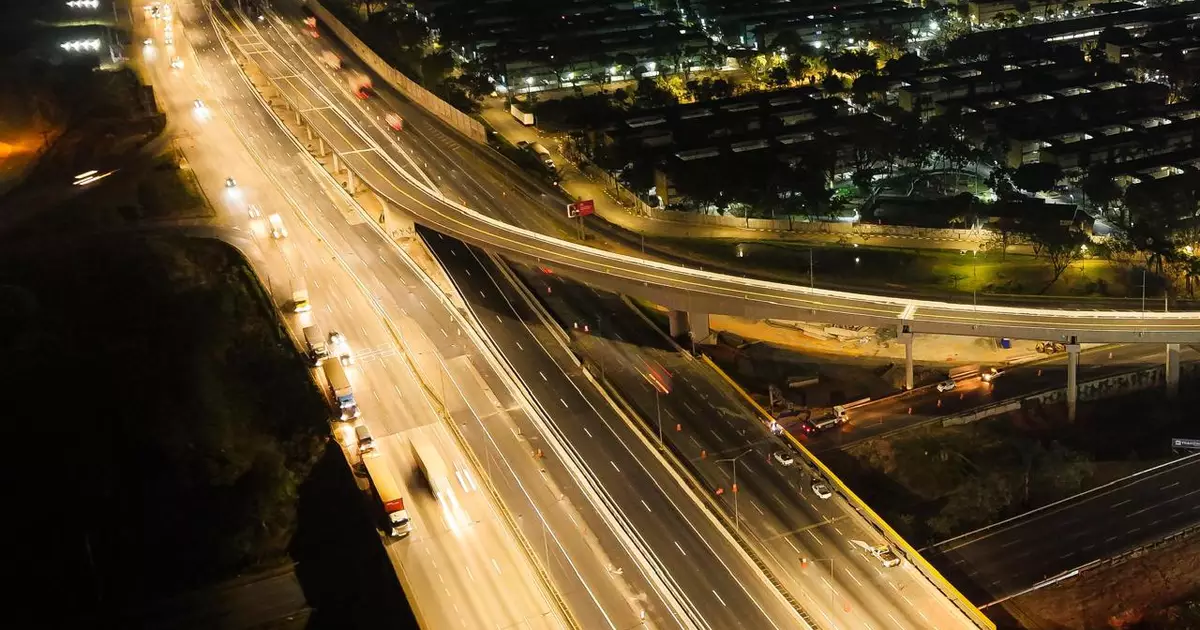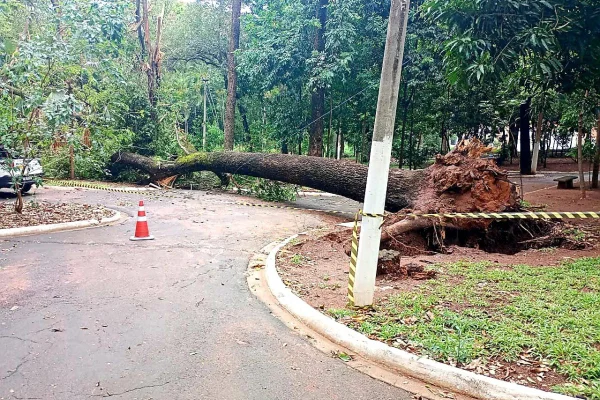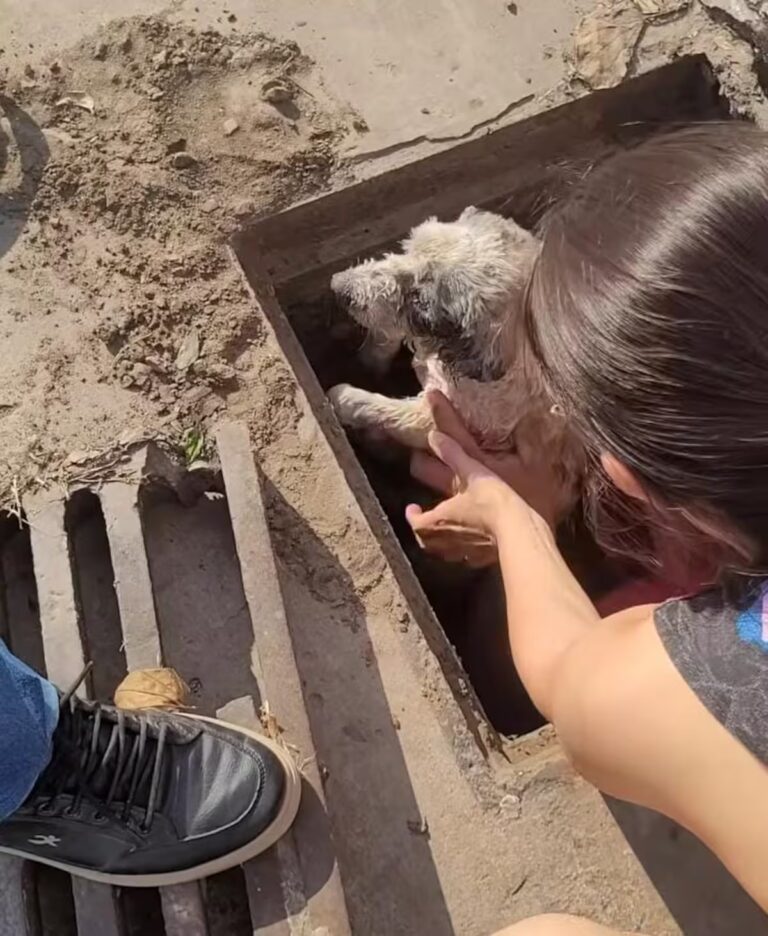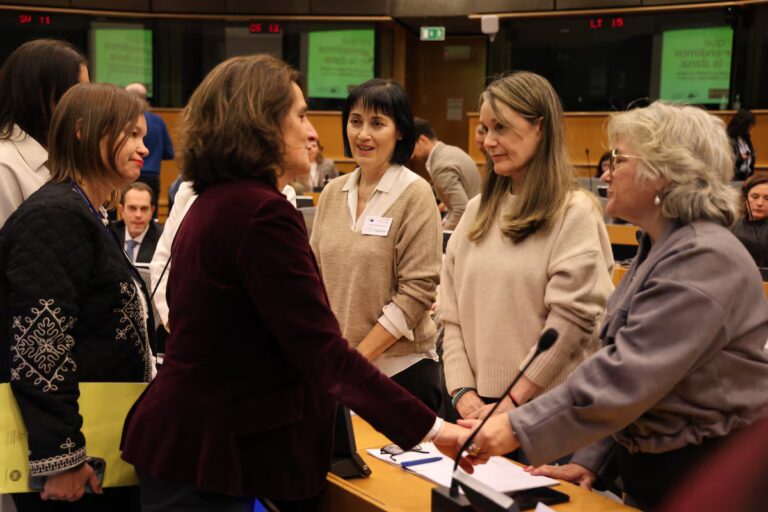
The initiative aims to reduce emissions from transport vehicles, accelerate fleet electrification and restore biodiversity areas.
summary
Businesses and governments have launched the e-Dutra project to deploy 1,000 electric trucks and charging infrastructure on the Presidente Dutra motorway by 2030, with the aim of reducing CO₂ emissions, promoting sustainability and restoring biodiversity.
A group of 17 large companies launched the e-Dutra project with support from local and federal governments. The initiative foresees the deployment of 1,000 electric trucks and an extensive charging network along the Presidente Dutola motorway, the main logistics corridor between Rio de Janeiro and São Paulo. The goal is to reach this number by 2030. This will avoid around 75,000 tonnes of CO₂ emissions. This equates to taking more than 16,000 cars off the streets.
Today, more than 19,000 diesel trucks ply the Dutra road every day, one of the busiest and most strategic highways in the country. In addition to accelerating the transition to a lower-emissions model of freight transportation, this new project aims to reduce the environmental impact and improve air quality in nearby communities.
The initiative, announced at the COP-30 Blue Zone this Wednesday, 12th, brings together logistics, automotive and technology companies. Juliana Silva, Sustainability Director at Motiva, one of the organizations participating in the cargo ship electrification project, emphasized: earth We believe this initiative is fundamental to the decarbonization of the country and industry.
He explained that the transport sector is the second largest emitter in the country and that a study led by Mothiba identified three main measures to reduce emissions – electrification, increased use of biofuels and expansion of waterway and rail transport – which could reduce the sector’s emissions by up to 60%. “Electrification is a very important vector for decarbonization and this initiative embodies this.”
In addition to reducing emissions, Motiva is intensifying its activities aimed at conserving biodiversity, including the creation of conservation units, the planting of ecological corridors (in partnership with SOS Mata Atlantica) and the promotion of practices that reduce environmental impact in its business areas.
He also emphasized the importance of cooperation between the private sector and public institutions. “Governments have a fundamental role to play in financially incentivizing these efforts,” he said. Juliana also highlighted the relationship between innovation and sustainability. “Owning an electric car was not possible last year, but it will be possible this year.”
The project includes the installation of charging centers along the route, in addition to the pilot routes already in operation. One of the first tests was carried out by Volkswagen Trucks & Buses, driving a fully electric truck over 800 kilometers between Resende (RJ) and Sorocaba (SP). Other companies, such as DHL Supply Chain, have also begun operating heavy electric trucks in some areas of São Paulo.
Companies participating in the project say the investment is expected to create new economic opportunities, create green jobs and strengthen the logistics sector.
*The reporter traveled at the invitation of Mr. Mothiba, founder of the Transport Decarbonization Coalition.




